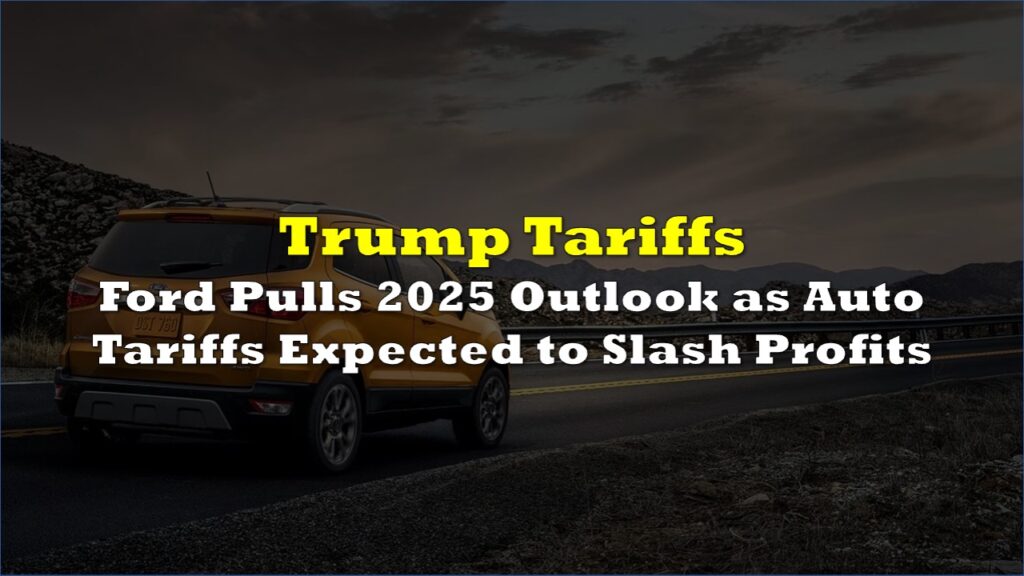Ford Motor Company (NYSE: F) has announced plans to cut approximately 4,000 jobs across its European operations, attributing the decision to waning demand for electric vehicles, insufficient governmental support, and fierce competition from Chinese manufacturers.
The layoffs, which amount to 14% of Ford’s European workforce, will primarily affect employees in Germany and the United Kingdom, intensifying concerns about the future of the automotive industry on the continent.
The workforce reductions will take place over the next three years, pending discussions with labor unions. Ford confirmed that 2,900 positions would be eliminated in Germany and 800 in the UK. The cuts reflect a broader restructuring effort aimed at improving the company’s competitiveness in the rapidly shifting EV market.
“Decisive action is necessary to ensure Ford’s long-term competitiveness in Europe,” said Dave Johnston, Ford’s European vice president.
The company clarified that its Dagenham and Halewood sites in the UK would not be affected, focusing instead on its Cologne plant in Germany, where production of the Explorer and Capri EV models will be scaled back.
Industry-wide Challenges
Ford’s announcement highlights the growing pains of the global automotive sector as it pivots toward EVs. High production costs, reduced consumer subsidies, and stiff competition from Chinese automakers—bolstered by substantial government support—have placed significant pressure on established players like Ford.
Volkswagen, Europe’s largest carmaker, faces similar issues. The company plans to close at least three plants in Germany and is considering drastic workforce reductions. Workers at Volkswagen have responded with demands for solidarity measures, proposing that future pay rises be funneled into a “solidarity fund” to support employees during short-term hour reductions.
Thorsten Gröger, chief negotiator for Germany’s IG Metall union, warned of potential strikes if Volkswagen fails to meet worker demands, stating, “an industrial dispute unlike anything the country has seen in decades” could begin as early as December.
Ford and other automakers have been hit particularly hard by declining EV sales in key markets like Germany. The decision by Berlin to end EV purchase subsidies in late 2022 has led to a 28.6% drop in EV sales in Germany during the first nine months of this year, compounding challenges for manufacturers.
Ford’s chief financial officer, John Lawler, recently criticized European governments for their lack of support in the transition to EVs.
“What we lack in Europe and Germany is an unmistakable, clear policy agenda to advance e-mobility,” he wrote in a letter to German officials, calling for better incentives, investments in charging infrastructure, and greater flexibility in emissions compliance.
This latest round of cuts follows a February 2023 announcement in which Ford revealed plans to eliminate 3,800 jobs in Europe, including 1,300 in the UK. The company is also set to close its Saarlouis plant in Germany next year, as part of a broader effort to streamline operations and focus on profitability.
Globally, Ford’s restructuring reflects the economic realities of EV production, which CEO Jim Farley has previously warned requires 40% fewer workers than traditional internal combustion engine vehicles.
Information for this briefing was found via Financial Times, Reuters, and the sources mentioned. The author has no securities or affiliations related to the organizations discussed. Not a recommendation to buy or sell. Always do additional research and consult a professional before purchasing a security. The author holds no licenses.









